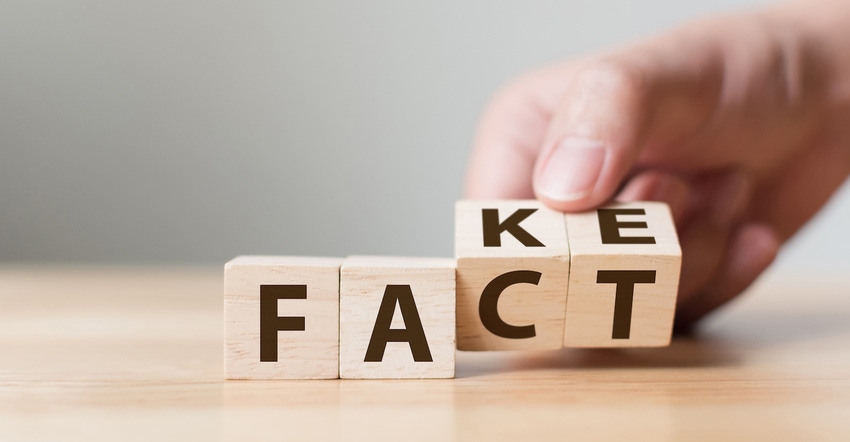What the ‘Atlantic’ Got Wrong in ‘How Bad Are Plastics, Really?’
The Plastics Industry Association has published a rebuttal that calls out cherry-picked data and oversimplification in the essay.
January 6, 2022

When I first noticed an article in the Atlantic with the headline, “How Bad Are Plastics, Really?,” I thought that it might present a more nuanced view than one usually finds in the mainstream press. The headline seemed to point in that direction. Silly me. The subhead immediately clarified the point of view: “Plastic production just keeps expanding, and now is becoming a driving cause of climate change.” Here we go again.
In a short author bio at the end of the piece, Rebecca Altman is described as a trained environmental sociologist who is working on an “intimate history of plastics” for Scribner Books. I don’t know how much chemical engineering or materials science expertise is connected with that field, but it seems she had some familiarity with plastics at a young age. Her essay begins with an account of her father’s passion for a specific grade of polystyrene (PS). In the 1960s, he worked for Union Carbide, which manufactured PS with a butadiene additive that prevented PS-based products from splintering into shards when crushed, in Altman’s telling. The anecdote is sweet, but the article quickly turns the corner into a predictable polemic, bemoaning that “plastics’ producers, or the geopolitics that have made plastics so widespread, are rarely called out” and positing that “demand for plastic has been as manufactured as plastics themselves.” Matt Seaholm, Vice President for Government Affairs at the Plastics Industry Association (PLASTICS), isn’t having it.
Seaholm wrote a rebuttal to the Atlantic article to set the record straight. A couple of his main points are published below. You can read his full piece on thisisplastics.com. Altman’s article can be read on the Atlantic website.
Plastic is key to present and future sustainability. Altman cites a report from Beyond Plastics, which misleadingly claims plastics production could have greater emissions than coal-fired plants by the end of the decade, ignoring significant context. Increasing prevalence of natural gas and other renewable energy sources cut US coal dependence by about 50% from 2011 to 2021. . . . Further, the article neglects evidence indicating plastics are emissions-friendly relative to alternative materials. For example, research has demonstrated that substituting all plastic bottles with glass would create CO2 emissions equivalent to 22 large coal-fired power plants.
Recycling technologies advance plastics’ circularity. Plastic waste — in all forms — is a problem to be solved, and the United States urgently needs to invest in recycling infrastructure. However, writing off recycling as a “flailing, failing system,” as the article does, isn’t the answer. . . . Rather than disregard recycling advancements, embracing ways to improve recycling of plastic — in all forms — presents a slew of optimistic, forward-looking solutions. . . . Beyond traditional recycling, advanced recycling technologies present an opportunity to address more challenging forms of plastic waste. . . . Pyrolysis (which has 50% lower emissions than other recycling technologies) can turn shampoo and conditioner bottles into vehicle fuel. Advanced or molecular recycling takes previously unrecyclable plastics and breaks them down into their original components, allowing them to be repurposed into completely new products.
The big picture. Plastic makes the world we live in possible, and it’s a critical component of making it better, too. Smart policy uses available evidence to make informed, practical solutions — rather than cherry-picking evidence to demonize entire industries and squander innovation.
About the Author(s)
You May Also Like




